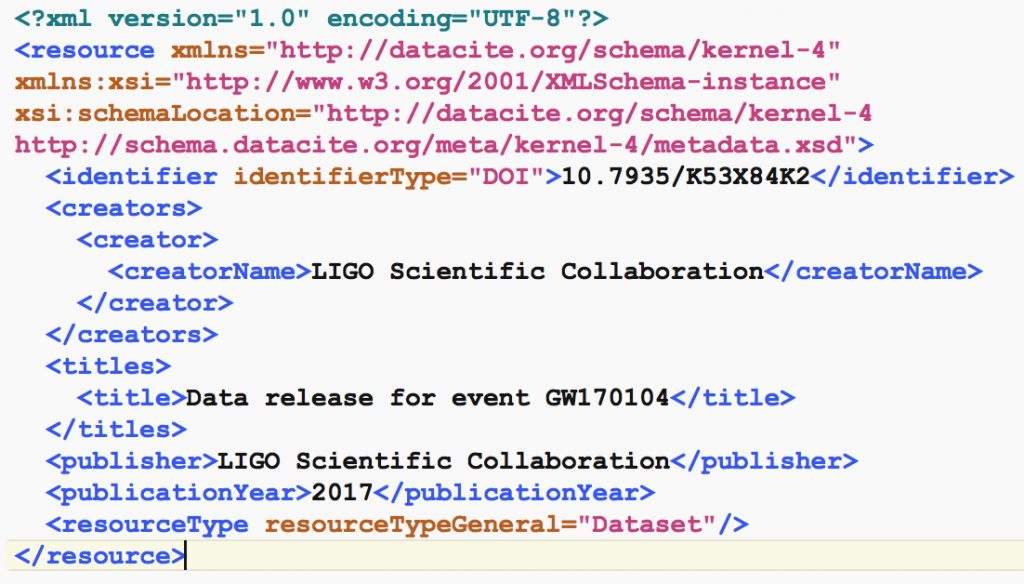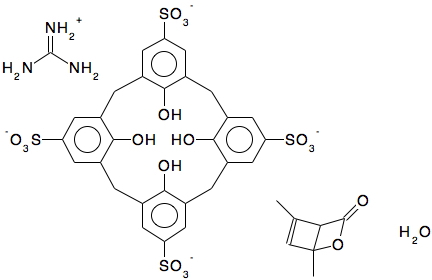There is much focus at the moment on how to ensure experimental replicability in e.g. the molecular sciences. An important aspect of that is having access to FAIR data; data which is findable, accessible, inter-operable and re-usable. One of the “gold standards” in chemistry is the data associated with crystal structures.

As data repositories start to flourish, it is reasonable to ask questions such as what sort of chemistry can be found there and how can I find it? Here I give an updated[cite]10.1515/ci-2016-3-408[/cite] worked example of a digital repository search for chemical content and also pose an important issue for the chemistry domain.

In 2016, the world heard that gravitational waves had been detected and now a third instance is reported. ‡ Given that the data associated with these detections are perhaps amongst the most important instances in recent times, I thought I might take a peek at how it was managed. The original report in 2016[cite]10.1103/PhysRevLett.116.061102[/cite] cited (Ref 116) data as DOI: 10.7935/K5MW2F23.
Conformational polymorphism occurs when a compound crystallises in two polymorphs differing only in the relative orientations of flexible groups ( e.g. Ritonavir).[cite]10.1039/D1SC06074K[/cite] At the Beilstein conference, Ian Bruno mentioned another type; tautomeric polymorphism , where a compound can crystallise in two forms differing in the position of acidic protons. Here I explore three such examples.

The title here is taken from a presentation made by Ian Bruno from CCDC at the recent conference on Open Science. It also addresses the theme here of the issues that might arise in assigning identifiers for any given molecule.

As the Internet and its Web-components age, so early pages start to decay as technology moves on. A few posts ago, I talked about the maintenance of a relatively simple page first hosted some 21 years ago. In my notes on the curation, I wrote the phrase “ Less successful was the attempt to include buttons which could be used to annotate the structures with highlights.

It is a sign of the times that one travels to a conference well-connected. By which I mean email is on a constant drip-feed, with venue organisers ensuring each delegate receives their WiFi password even before their room key.

This is taking place in the idyllic surroundings of the Niederwald forest, Rüdesheim, Germany. Here I highlight only aspects of the first three talks.

Research data (and its management) is rapidly emerging as a focal point for the development of research dissemination practices.
Nowadays, data supporting most publications relating to the synthesis of organic compounds is more likely than not to be found in associated “supporting information ” rather than the (often page limited) article itself. For example, this article[cite]10.1021/jacs.6b13229[/cite] has an SI which is paginated at 907;
